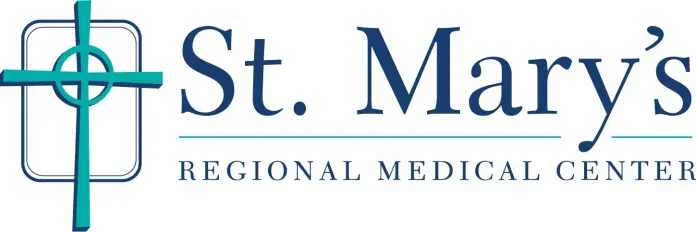The start of school is an exciting time of year. As students head back to the classroom, it is important that they are up to date on their immunizations.
Rebecca D. Lewis, DO, FACOFP, the Chief Medical Officer at St. Mary’s Regional Medical Center, talks about the importance of vaccines and which ones should be completed prior to the start of school.

Why are vaccinations important?
Vaccinations protect students from diseases and help keep them healthy. On-time vaccinations help provide immunity before children are exposed to potentially life-threatening diseases. Vaccines are tested to ensure that they are safe and effective for children to receive at the recommended ages.
Which vaccinations do my kids require?
- Kindergarten students, ages 4-6, should receive these vaccines: DTaP (a booster for diphtheria, tetanus and pertussis, also known as whooping cough), polio, and a second dose of the MMRV vaccine, which addresses measles, mumps, rubella and varicella, better known as chickenpox.
- Students entering seventh grade, ages 11-12, should receive: Tdap (tetanus, diphtheria and pertussis booster) and a first dose for meningitis (MenACWY).
- Students ages 11-16 should receive the second dose of the meningitis vaccine (MenACWY). They are also eligible for an HPV vaccination (Gardisil). At age 16, students can receive the first dose of a second meningitis vaccine (MenB), which is highly recommended for any child who will be in a large group situation such as living in a dormitory or participating in team sports.
- Annual flu vaccinations are important and typically available September of each year.
- Please talk to your child’s physician about any questions on vaccinations.

What are the recommendations for the COVID vaccine for children?
For the best protection, the Centers for Disease Control (CDC) recommends COVID-19 vaccines for everyone 6 months and older. A booster, which is updated to impede the most common strain of the virus, might prevent your child from getting COVID-19 or becoming seriously ill or hospitalized. Getting a COVID-19 vaccine can help your child more safely participate in sports and other group activities, too.
Does insurance cover vaccinations?
Most insurances cover scheduled vaccinations. If you don’t have health insurance, or if it does not cover vaccines, there are programs that may offer financial help.
To make an appointment with one of the pediatricians at St. Mary’s Regional Medical Center, call our Physician Referral Service at 580-249-3741.

Physicians are on the medical staff of St. Mary’s Regional Medical Center, but, with limited exceptions, are independent practitioners who are not employees or agents of St. Mary’s Regional Medical Center. The hospital shall not be liable for actions or treatments provided by physicians. For language assistance, disability accommodations and the nondiscrimination notice, visit our website.






